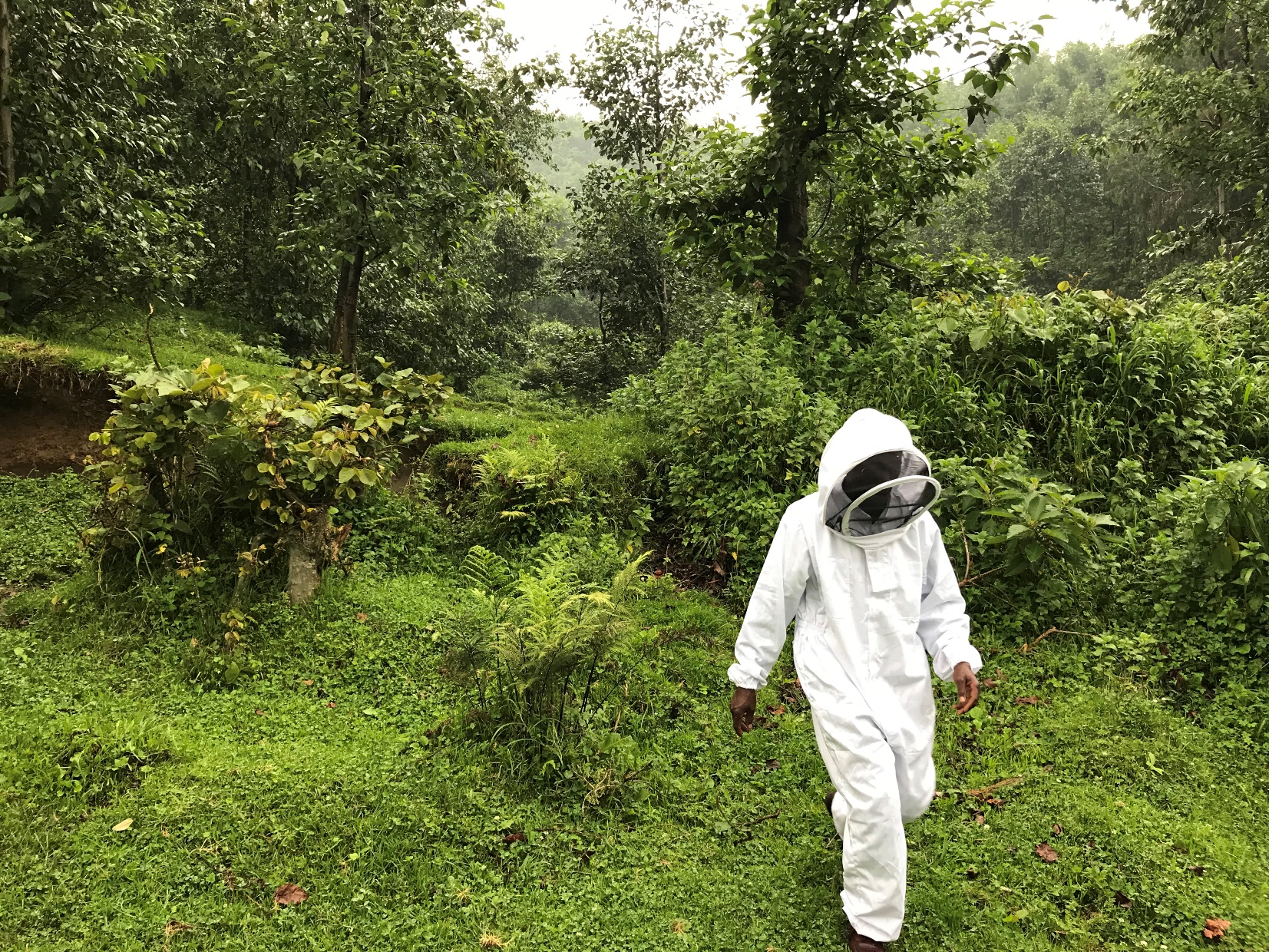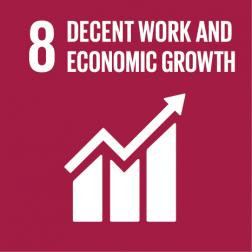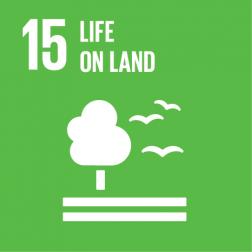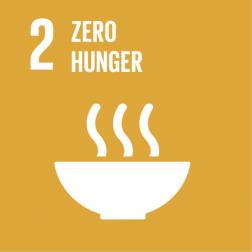The context
In 2018, as in previous years, a large number of Rwandans died from landslides and flooding.
What had caused this? Strong, unpredictable rainfall these past years due to climate change has resulted in land degradation and destruction of the ecosystem.
Another major cause: deforestation due to overly intensive logging, which so far has been producing supplemental income for rural populations.
In Rwanda, one of the most densely populated African countries, it is thus crucial that the population adapt to this new data and also find solutions.

Less-productive traditional methods
Rwandan beekeepers, whose traditional honey production could not support their families, also harvested wood from the forest or cut trees to create pastures for their livestock to increase income.
Emmanuel Kajugujugu, a member of a beekeeping cooperative from the Nyabihu district:
'When the government told us to stop logging, we had to turn to other work. Beekeeping is a traditional practice in Rwanda. We are familiar with the nutrition and medicinal value of honey. However, our traditional methods were not productive enough.'
Solution
Thanks to a project financed, among others, by the Least Developed Countries Fund (LDCF), beekeepers were able to easily improve these traditional methods. The project was carried out by UNEP, the United Nations Environment Programme and involves establishing 8 cooperatives in the Nyabihu district, one of the 7 districts in the Western Province of Rwanda. Via its contribution to the LDCF, Belgium donated USD 500,000 to the project.

The programmes and projects supported by the Least Developed Countries Fund (LDCF) aim to improve the resilience of vulnerable communities in the least developed countries against drought, flooding, violent storms and other consequences of climate change.
The LDCF is operated by the Global Environment Facility (or GEF), a financial mechanism for the most important multilateral environment agreements, such as the Framework Convention on Climate Change. Belgium is a major contributor to the LDCF. Since 2009, Belgium has contributed a total of EUR 87.44 million.
Results
'My income has more than tripled!'
Effectively training men and women and providing them with hives and beekeeping equipment has allowed for an increase in high-quality honey production and the application of more modern techniques. The project has thus aided beekeepers in tripling and sometimes quadrupling their income.
'We were taught to care for our bees and better harvest the honey,' says Leoneste Harerimana, President of the Nyabihu Beekeepers Union.
'I didn't know how to make the bees leave the hive!' Thanks to modern hives, we can see them, feed them properly and easily harvest the honey. After the learning process and delivery of materials, I quickly began to produce a lot more honey (from USD 35 harvested to more than USD 100 harvested), and today, with an income that has more than tripled, I can provide a lot better for my family's needs!'
And the cherry on top of the cake? This elevated production often allows access to lucrative markets, such as the European Union. The EU enforces strict standards of quality which require national plans for controlling residues (antibiotics, pesticides, heavy metals such as lead and arsenic). Rwanda is answering these demands.

Naoko Ishii, CEO and Chairperson of GEF, commended Belgian efforts:
The last natural disasters quite clearly showed the negative impact of climate change on the poorest and most vulnerable countries and communities. I would like to thank Belgium for its contributions to the LDCF and for its commitment favouring adaptation measures.
Today, thanks to this project and the creation of cooperatives, beekeeping harvests are guaranteed.
'The financial stress is over,' says Leoneste Harerimana 'that was forcing us to turn to other sources of income such as logging, which we knew left devastating results.'
Other neighbouring regions have begun to notice favourable development of beekeepers in the Nyabihu district. It is no longer logging but beekeeping that is gaining their attention little by little.
'My children were able to go to school,' says Senyuzi, father of 8 children, 'and two have become teachers! All of that thanks to honey!'
Sources
- Pictures © UN Environment - UNEP / © Shutterstock
- Video © UN Environment - Climate Action in Rwanda





